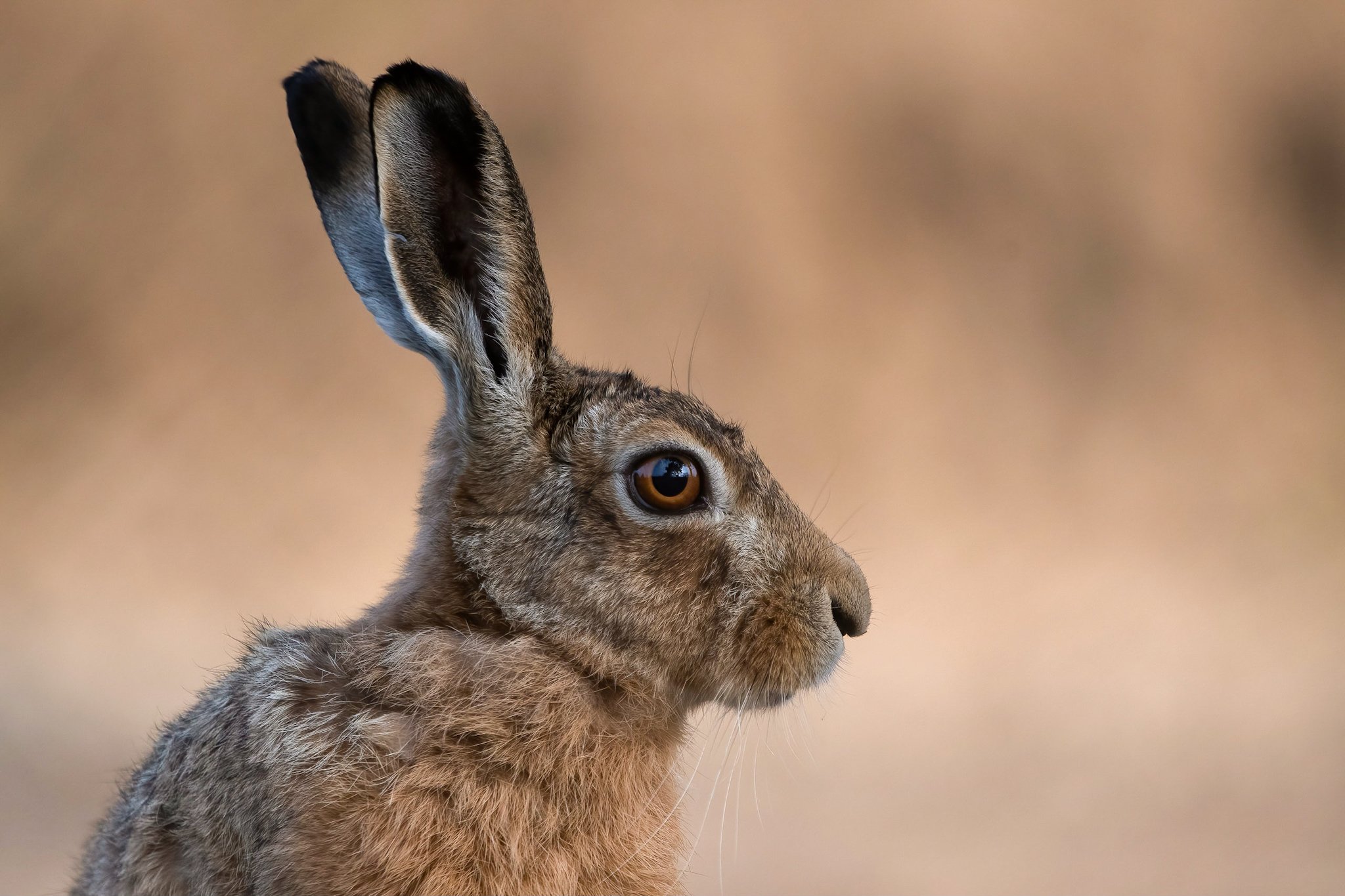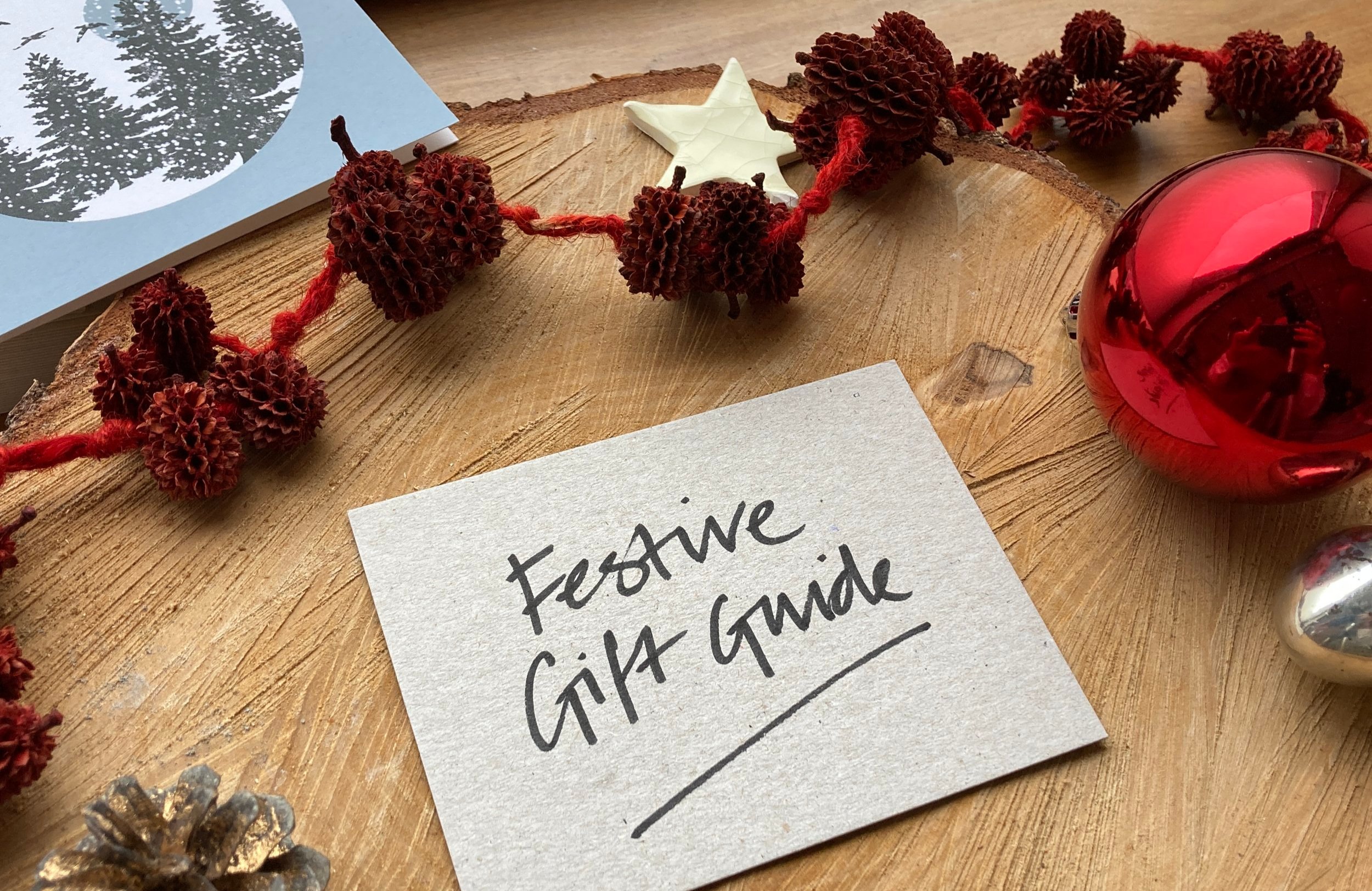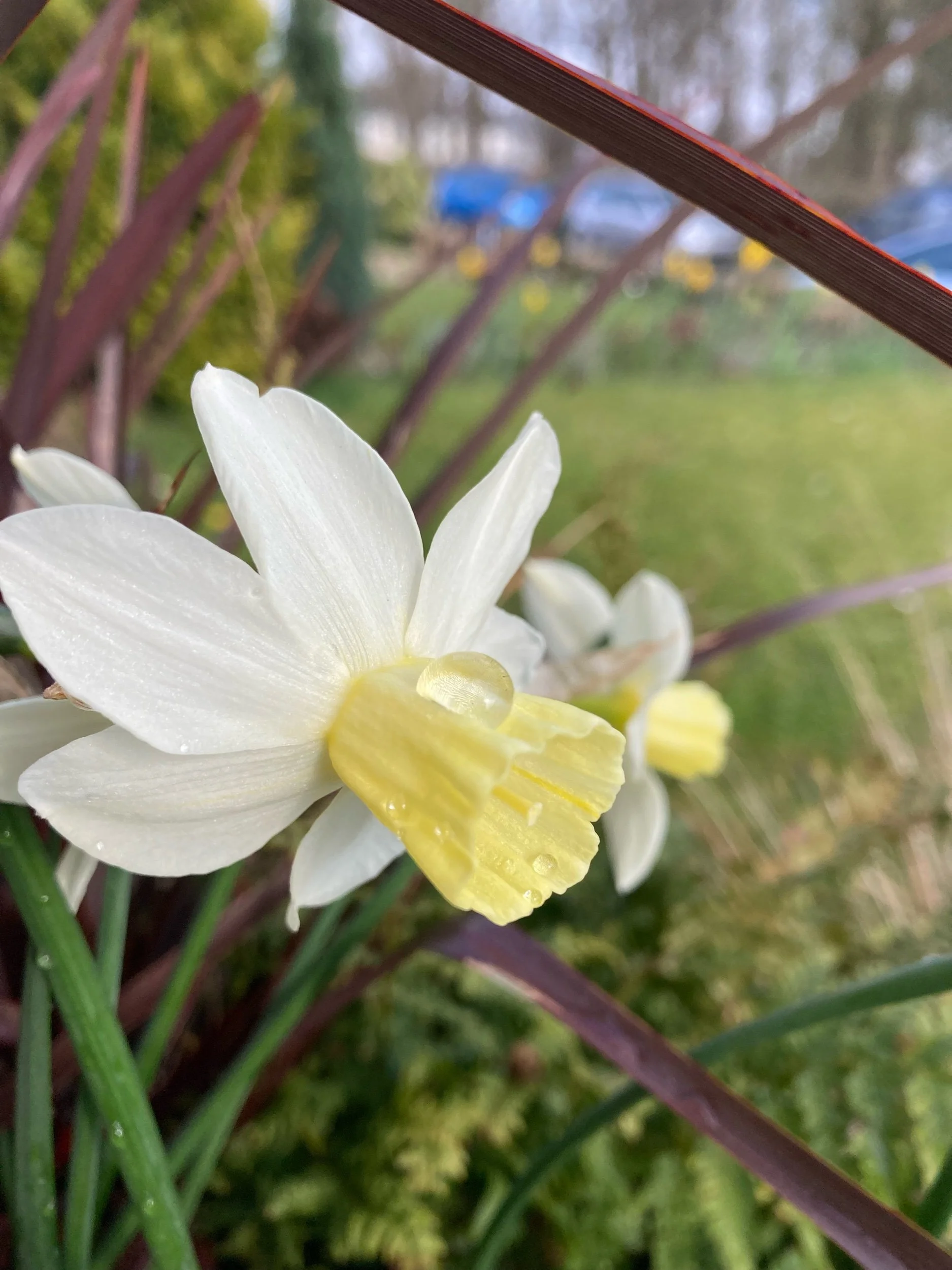Welcome to my little side project.
I’m curious about people, their lives and stories and through the years I’ve come across lots of folk doing a whole host of interesting things in their world of work and extra curricular activities. So I came up with an idea to delve deeper into who they are and what they do.
I chose five people, did some research and posed them a set of questions. Mostly this little project is fulfilling my nosiness and maybe yours too ;-)
I hope that little threads of interconnectedness will weave between the interviews and the love for their craft and careers is shared here for you to discover. If you’ve enjoyed reading them, please feel free to leave a comment and pass the stories on to someone else who might like to read them.
INTERVIEW NO.1
First in this series is: Fiona Brannigan, Medical Herbalist….
Hi Fiona it’s great to have you here on the blog, please could you give us a brief introduction - who you are, where you are and what you do?
I’m Fiona Brannigan, a qualified medical herbalist based in Liverpool.
You are a qualified medical herbalist, what does that mean? What did your training involve?
The title qualified medical herbalist applies to anyone who is degree qualified (or diploma level 6), and whose training has included the conventional/orthodox/mainstream study of the medical sciences, pharmacology, anatomy and physiology etc. alongside phytochemistry, plant energetics, materia medica, traditional herbal therapeutics and nutrition. Qualified or professionally trained herbalists will belong to a professional body such as NIMH (National Institute for Medical Herbalists) or the CPP (College of Practitioners of Phytotherapy) to ensure practitioners keep their skills updated and to provide prospective patients with a register of trained practitioners. Always check how your herbalist is trained before consulting with one.
How long have you been an herbalist, was this your first job and if not, what did you do before and what then drew you to this?
I have been in practice as a herbalist since qualifying in 2005. I have had numerous jobs (too many to list!) but prior to studying/qualifying I worked in local community development in The West of Ireland. I have always had an interest in natural medicine and this grew deeper after living in Venezuela in the early 1990s and observing the use of traditional healing practices.
Can you tell us a bit about the history of people in the UK using plants and are more people coming back to their healing benefits?
The UK has a very very long history of using plant medicines - attending a herbalist was the norm prior to the NHS being established in 1948 - and many people continued to see herbalists rather than their GP in those early years (of the NHS) because they knew and trusted their herbalist would get them back to work quicker. Those intervening years since then have seen a complete turnaround whereby the majority are reliant on the NHS and are less likely to take responsibility for their own health. Very recent years however are witnessing the tables turning once again albeit very slowly. There is a huge demand for over-the-counter herbal products (social media plays a sizable role in this regard) and a steadily growing resurgence of people seeing the value of consulting a practitioner, especially where conventional medicine has shown its limitations.
How do you work with a client?
The first appointment is a deep dive into the patient's past and present medical history, lifestyle choices, nutrition, and emotional/mental wellbeing etc. It is often the first time in a patient’s life that they will have discussed their health in this much detail and that alone can be quite transformative. Depending on what we uncover in the consultation, I then make a herbal prescription - usually a tincture - to address the underlying causes of the imbalance identified. The prescription will include herbs that will support both physically and emotionally as you can’t treat one aspect without the other. I consider the patient's constitution and match the herbs accordingly, treating person not symptoms. I’ll also suggest nutritional support and lifestyle changes if needed.
I imagine it can be quite an involved and personal one to one process, do you enjoy the listening and nurturing element of your work?
I do. It can often feel quite an honour when people share as much as they do with you, and I love to see people thrive again.
You also make remedies available for everyone to buy, could you give us a spotlight on one of these please?
A few years ago I decided to make some products available to the public without having to book a consultation as a way of bringing plant medicines into everyday life - and to show how simple and easy it can be.
One of my favourite products is the herbal heart hug tonic (also available as a tea) - it's such an uplifting blend that can be taken straight onto your tongue, or added to any drink. It’s lovely to use when you are feeling low.
Plants can be extremely potent, what’s the most exciting plant you use and which is the most powerful?
It’s tricky to name the most exciting plant (they are all favourites!) but I love rosemary. It is so easy to grow and the bees love it. It can shift a stuck mindset in its actions as an excellent brain tonic. I love using it with perimenopausal women who are really feeling the brain fog. It’s as though it comes along to hold your hand and show you the way forward, clearing the fog along the path. I have seen it work its magic over and over again.
One of the most powerful is rose. Often the root of ill health can be stuck emotions, sometimes decades old, or unresolved grief of some sort. Rose has a magic all of its own. It can move those emotions out (the patient may tell you they’ve cried more than they have done in years), and thus make space for healing to begin. Its thorns can be a protective defense (keeping you away from the beauty of the flower) and reflective of the patient’s characteristics - a spiky temperament can often indicate a wounded soul. Rose can help a person re-establish the boundaries needed for healing to take place.
Photo credit: @anniesprat
The nature of your work obviously involves the use and understanding of plants. How does this influence your relationship with the natural world?
Being a herbalist is more than a job. It’s a way of being. It influences all my choices in every way possible - I’m always mindful of their environmental impact. It also makes you very aware of the interdependence of land/humans/wildlife/plants.
Do you get to collect your own plants or do you have to source them from elsewhere?
At the moment I source most of my plants from reputable herbal suppliers who are herbalists themselves, and who share the same values and ethics.
Does herbalism have its very own words, can you tell us a few and what they mean?
It certainly does - e.g. in the way we class the actions of herbs such as alterative or depurative which means blood cleansers or purifiers - improving detoxification of the body. Trophorestorative is another, which relates to a herb that restores function and morphology of an organ.
As we are in the midst of winter, what would you recommend to boost our wellbeing and immunity?
One of the best ways is to eat seasonally - soups, stews and roasted root vegetables, including lots of garlic and herbs like thyme which looks after your lungs. Try to limit the stodgy foods such as refined wheat products and limit dairy intake - both can cause excess mucus to build up which becomes a prime breeding ground for bugs!
Herbs wise, elderberry syrup and fire cider tonic are two great ways of making your own remedies at home that will see you through til spring.
Move your body as often as you can with short walks if the sun is out. If the weather is holding you back, try some lunges - just keep the circulation moving.
Check your vitamin D levels - lower levels can impact so many things including immune function and general wellbeing.
Photo credit: @markusspiske
If people wanted to learn more about herbalism where should they go?
Herbal Reality is a fantastic resource for all things herbal, including conditions, case studies and herbal profiles.
Finally, I like to ask people about their favourite tools. What’s your most treasured bit of kit?
Probably my measures - I couldn’t do my job without them!
Thanks Fiona, where can we find out a bit more about you?
You can find me and my products at www.missbeesbalms.com .
and I can sometimes be found at seasonal markets which I’ll often announce on Instagram @missbeesbalms
Photo credits: All images Copyright of Fiona Brannigan unless otherwise stated
























